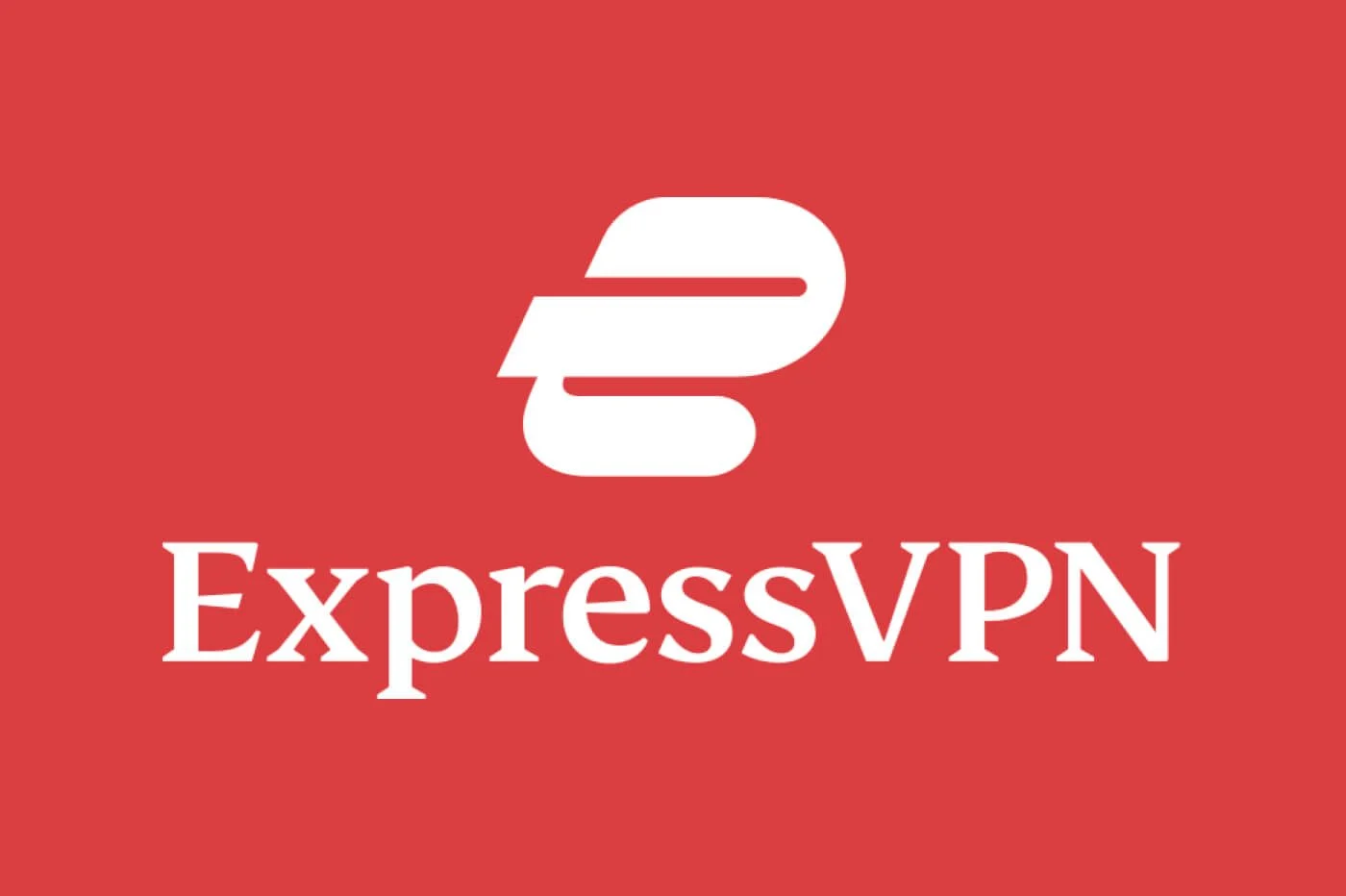Everything You Need to Know About the EA Course and EA Course Details
Start your EA course preparation today and take a step closer to a promising career in tax consultancy and IRS representation!
If you are looking to build a successful career in taxation, the EA course (Enrolled Agent course) is one of the best paths to follow. The Enrolled Agent (EA) designation is awarded by the IRS to individuals who demonstrate expertise in tax matters and can represent taxpayers before the IRS. In this blog, we will cover all the essential EA course details, including eligibility, syllabus, benefits, and career opportunities.
What is an Enrolled Agent (EA)?
An Enrolled Agent (EA) is a tax professional authorized by the IRS to represent individuals, businesses, and other entities in tax-related matters. Unlike CPAs and attorneys, EAs specialize exclusively in taxation. The EA credential is recognized across all 50 states in the U.S., making it a powerful qualification for those interested in taxation and IRS representation.
Why Choose the EA Course?
The EA course is ideal for individuals who wish to specialize in tax preparation, compliance, and representation. Here are some key reasons why you should consider enrolling in the EA course:
-
Recognition by the IRS: EAs have unlimited practice rights before the IRS, meaning they can represent any taxpayer.
-
High Demand: With complex tax regulations, the need for skilled tax professionals is increasing.
-
Career Growth: The EA credential can boost your career prospects in tax firms, accounting firms, or as an independent tax consultant.
-
No Educational Restrictions: Unlike CPA or CFA, there are no specific degree requirements to become an EA.
-
Flexible Study Schedule: You can prepare for the EA exam at your own pace.
EA Course Details
Understanding the EA course details is crucial for anyone considering this career path. The EA exam is officially known as the Special Enrollment Examination (SEE) and consists of three parts:
Part 1: Individuals
This section focuses on taxation for individuals and includes topics such as:
-
Income and adjustments
-
Deductions and credits
-
Taxation of retirement plans
-
Estate and gift taxation
-
Ethics and professional responsibilities
Part 2: Businesses
The business section is considered the most challenging and covers:
-
Business entities (sole proprietorships, partnerships, corporations, LLCs)
-
Business income, expenses, and deductions
-
Depreciation and amortization
-
Employment taxes
-
Accounting methods and procedures
Part 3: Representation, Practice, and Procedures
This section tests candidates on IRS representation and includes:
-
Taxpayer rights and responsibilities
-
Audits, appeals, and collections
-
Power of Attorney and IRS procedures
-
Professional conduct and due diligence
Eligibility for the EA Course
One of the advantages of the EA course is that there are no strict educational or experience requirements. However, to earn the EA designation, candidates must:
-
Pass all three parts of the Special Enrollment Examination (SEE).
-
Pass a background check conducted by the IRS.
How to Prepare for the EA Course Exam?
To successfully pass the EA exam, a structured study plan is essential. Here are some key preparation tips:
-
Choose the Right Study Material: Enroll in a reputable EA review course that provides comprehensive study guides, practice exams, and video lectures.
-
Understand Exam Format: The SEE exam consists of multiple-choice questions (MCQs). Familiarizing yourself with the exam pattern can improve your performance.
-
Set a Study Schedule: Allocate sufficient time for each part of the exam and stick to a study plan.
-
Take Practice Tests: Regular mock tests help in identifying weak areas and improving time management.
-
Stay Updated with Tax Laws: Since tax laws change frequently, ensure you are studying the latest IRS tax codes and regulations.
Benefits of Becoming an Enrolled Agent
Once you complete the EA course and pass the exam, you unlock a range of career benefits:
-
Higher Salary: EAs typically earn higher salaries compared to non-credentialed tax professionals.
-
Job Security: Tax expertise is always in demand, providing job stability.
-
Flexibility: You can work as a tax consultant, start your own practice, or join an established firm.
-
Credibility and Trust: Holding an EA designation enhances your credibility as a tax professional.
-
Career Advancement: EAs can work in corporate tax departments, government agencies, or law firms specializing in taxation.
EA Course vs CPA: Which One is Right for You?
Many aspiring tax professionals compare the EA course with the CPA (Certified Public Accountant) certification. Here’s how they differ:
-
Focus Area: EAs specialize exclusively in taxation, while CPAs cover accounting, auditing, taxation, and financial management.
-
Licensing Body: The EA credential is issued by the IRS, whereas the CPA license is granted by state boards of accountancy.
-
Requirements: Becoming an EA does not require a college degree, while the CPA designation typically requires 150 credit hours of education.
-
Exam Difficulty: The CPA exam is more comprehensive and challenging compared to the EA exam.
-
Career Scope: CPAs have a broader range of career options, while EAs are tax-focused professionals.
If you are specifically interested in taxation, the EA course is the best choice.
How Long Does It Take to Become an EA?
The time required to complete the EA course depends on individual study pace. On average:
-
Most candidates complete all three parts of the exam within 3 to 6 months.
-
Each exam part can be scheduled separately, allowing flexibility in preparation.
-
Candidates can retake failed sections without waiting an entire year.
How to Register for the EA Exam?
To take the EA exam, follow these steps:
-
Create an IRS PTIN (Preparer Tax Identification Number)
-
Register for the Special Enrollment Examination (SEE) through Prometric.
-
Schedule and take the three-part exam at an approved testing center.
-
Pass the IRS background check and apply for enrollment.
Conclusion
The EA course is an excellent opportunity for individuals looking to build a career in taxation. With flexible study options, high demand for tax professionals, and recognition by the IRS, becoming an Enrolled Agent can be a rewarding career move. If you are passionate about tax laws and want to help individuals and businesses navigate the complexities of taxation, then pursuing the EA designation is the right step.
Start your EA course preparation today and take a step closer to a promising career in tax consultancy and IRS representation!
What's Your Reaction?






















